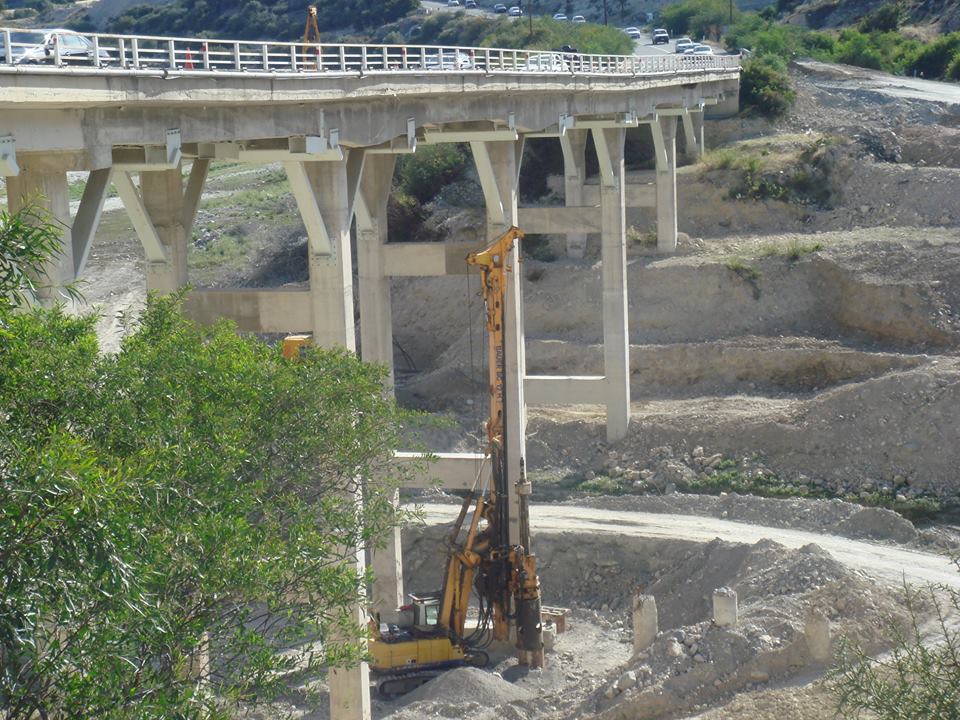The Supreme Court on Monday ruled that former state pathologist Panicos Stavrianos may file a case to annul a court ruling which found national guardsman Thanasis Nicolaou, who died in 2005, was strangled to death.
Stavrianos’ lawyer Andriana Klaedes argued that the judge in question “was legally in the wrong regarding the actual facts”, and “excluded him [Stavrianos] both as an involved party and as a witness”.
This, she said, “ignored a decision made by the European Court of Human Rights”.
The court on Monday said Stavrianos “seems to have a legitimate interest” in the case, and therefore allowed him to file for the coroner’s decision to be annulled.
“Given that at this stage a prima facie consideration is made, there is indeed grounds to grant the request,” the court said.
Stavrianos now has until Thursday to file his case, with the first hearing set to take place on July 24.
Thanasis’ mother Andriana reacted furiously to the decision later on Monday, speaking to newspaper Phileleftheros.
“There is no justice, there is no rule of law, and our only weapon is the people,” she said, adding that she “wonders what the point” of Stavrianos’ case is, what profit he will make, and who will benefit from it.
“In Cyprus, we all remain spectators. The legal service must be destroyed, to allow others to take over,” she added, saying, “they are not letting me reveal what I know”.
Klaedes spoke to the Cyprus News Agency (CNA) last week, saying Stavrianos has “consistently backed up his findings over the past 19 years”, which indicate that the guardsman’s death was “due to a voluntary fall from a height.”
“He simply wants the truth to come out,” Klaedes said. “That is the purpose of his request.”
Andriana had at the time called Stavrianos’ request “unacceptable and shameless” in a post on Facebook.
“Despite the attorney general’s and the police’s significant responsibilities in covering up my child’s murder for 19 years, Stavrianos has the audacity to request the annulment of the report to absolve all those involved in the criminal cover-up,” the post said.
“What evidence is he talking about? The false findings he decided on within ten minutes at the scene, all documented in the records of the first and second inquests?”
Andriana then pointed out that Cyprus was condemned by the European Court of Human Rights for inadequate investigation, primarily due to Stavrianos’ actions.
Judge Dora Varoshiotou had ruled in May that Thanasis Nicolaou’s death was a crime and that he had died of strangulation.
“My finding is that Thanasis Nicolaou, whose body was found under the Alassa bridge, died on September 29, 2005, as a result of strangulation due to criminal activity,” she said.
Thanasis Nicolaou was found dead under Alassa bridge in September 2005. He was 26 years old.
His car had been spotted at around 4pm the day he went missing and an ambulance arrived at the scene by 5.40pm. A doctor passing by, who was off duty, saw a lot of parked cars, the court heard.
He stopped, and noticed blood, that Thanasis was bruised, and that his mouth was filled with sand. There was also sand in his hair and all over his body. He had no pulse.
At 6.30pm, then state pathologist Stavrianos arrived at the scene. He immediately ruled out criminal act and called it a suicide, the court heard.
In the days after the body was found, Thanasis’ family members went to the scene to inspect things for themselves. They found blood as far as three metres away from where he was found, and contacted Stavrianos, who told them to tell the police.
“They told her the case was closed,” the court heard.







Click here to change your cookie preferences